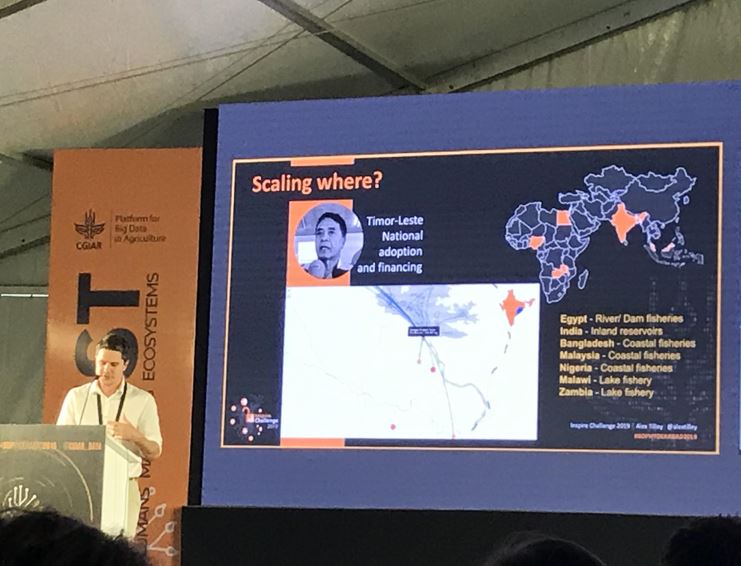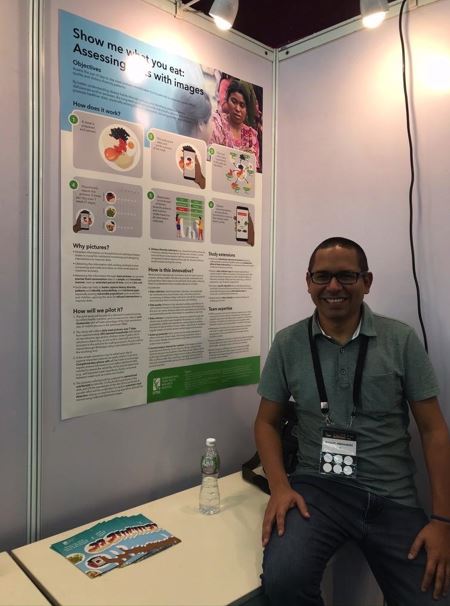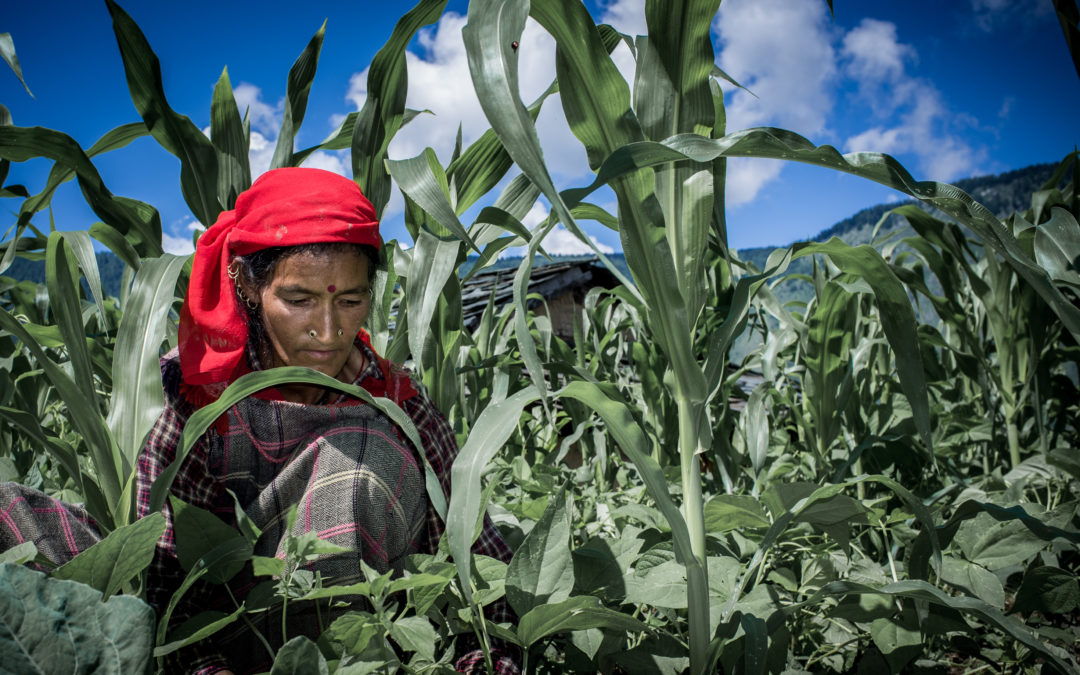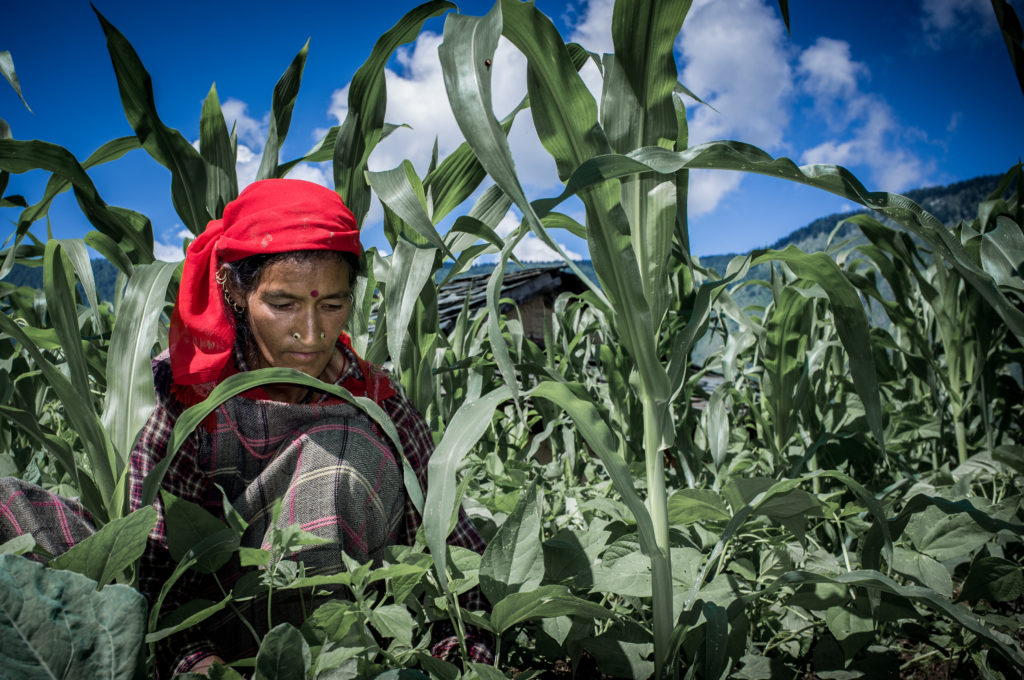Transforming the agricultural sector with big data tools
Big data approaches take on the challenge of creating a more food secure world.
Smallholder-driven agriculture as we know it is changing.
A variety of avenues and tools that have the potential to enhance food security with nutrient-diverse diets were put forth at the 2019 BIG DATA Convention.
One aspect of the Convention is the Inspire Challenge, the BIG DATA Platform’s innovation process. Ten teams pitched cutting-edge agricultural development projects that use big data approaches to solve real problems. The teams competed for a total of more than one million USD in grants. The Convention also highlighted the need for dialogue in order to create an ecosystem in which humans trust the machines and data related to their welfare.
One of the major challenges that we face today is to make nutritious food available to all. Several of the 2018 and 2019 Inspire Challenge projects aim to make local food systems more inclusive and efficient by matching the demand and supply of fresh food.
Several examples of projects that use big data tools to optimize food supply chains in terms of production and distribution include: Hungry cities: Inclusive food markets in Africa, An integrated data pipeline for small-scale fisheries, and Revealing informal food flows through free wifi. These innovative projects aim to enhance access to nutritious food and markets.

Inspire Challenge 2018 winner Alex Tilley presenting the scale-up phase of his project An integrated data pipeline for small-scale fisheries.
Big data tools also aim to provide solutions for issues like dietary deficiency and malnutrition. The 2019 Inspire Challenge finalist project Show me what you eat seeks to highlight the implications of machine learning in providing tailored advisory to consumers to improve their dietary diversity and address nutrition deficiency.

Manuel Hernandez from the International Food Policy Research Institute at the BIG DATA Convention’s innovation bazaar pitching his Inspire Challenge finalist project: Show me what you eat.
“This is a combined effort by economists, nutritionists and data scientists to assess diet with images of daily meal pictures,” said project lead Manuel Hernandez from the International Food Policy Research Institute.
“Uploading pictures is a low-cost means to get data for an extended period of time. In the long term, we are going to train an algorithm and develop a self-contained app that can analyze dietary patterns by analyzing real meal pictures and provide real-time assessment of dietary patterns and provide recommendations,” he said.
What an amazing development to be able to download a dietitian on your smartphone!
Artificial intelligence and machine learning technologies have implications in providing farmers with much needed digital solutions in terms of extension services, reducing labor cost, and real-time climate information services.
Inspire Challenge finalist projects such as Farmer’s friend, Gamifying weather forecasting: Let it rain campaign, and One village, one mill are not only ambitious initiatives but also inspire young researchers to think outside the box when seeking solutions to agricultural challenges faced by smallholder farmers.
Food systems need to go through a renaissance to meet the needs of future generations.
We have to create an ecosystem in which farmers can thrive as digital entrepreneurs. Big data is paving the road for us as crusaders to take on this challenge.
Big data in agriculture is not the next thing, it is the now thing. It is changing agriculture as we speak.
November 7, 2019
Kanchan Ghugre
PhD Scholar and 2019 Youth in Data Delegate
ICRISAT
Hyderabad, India
Latest news






